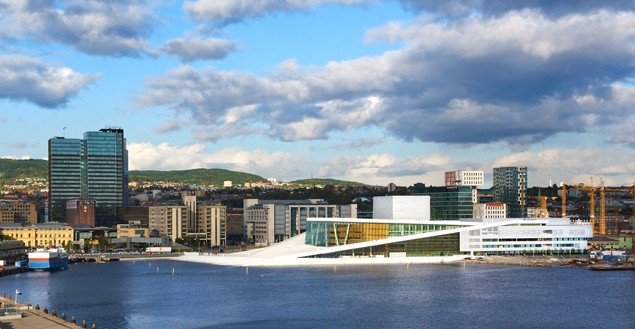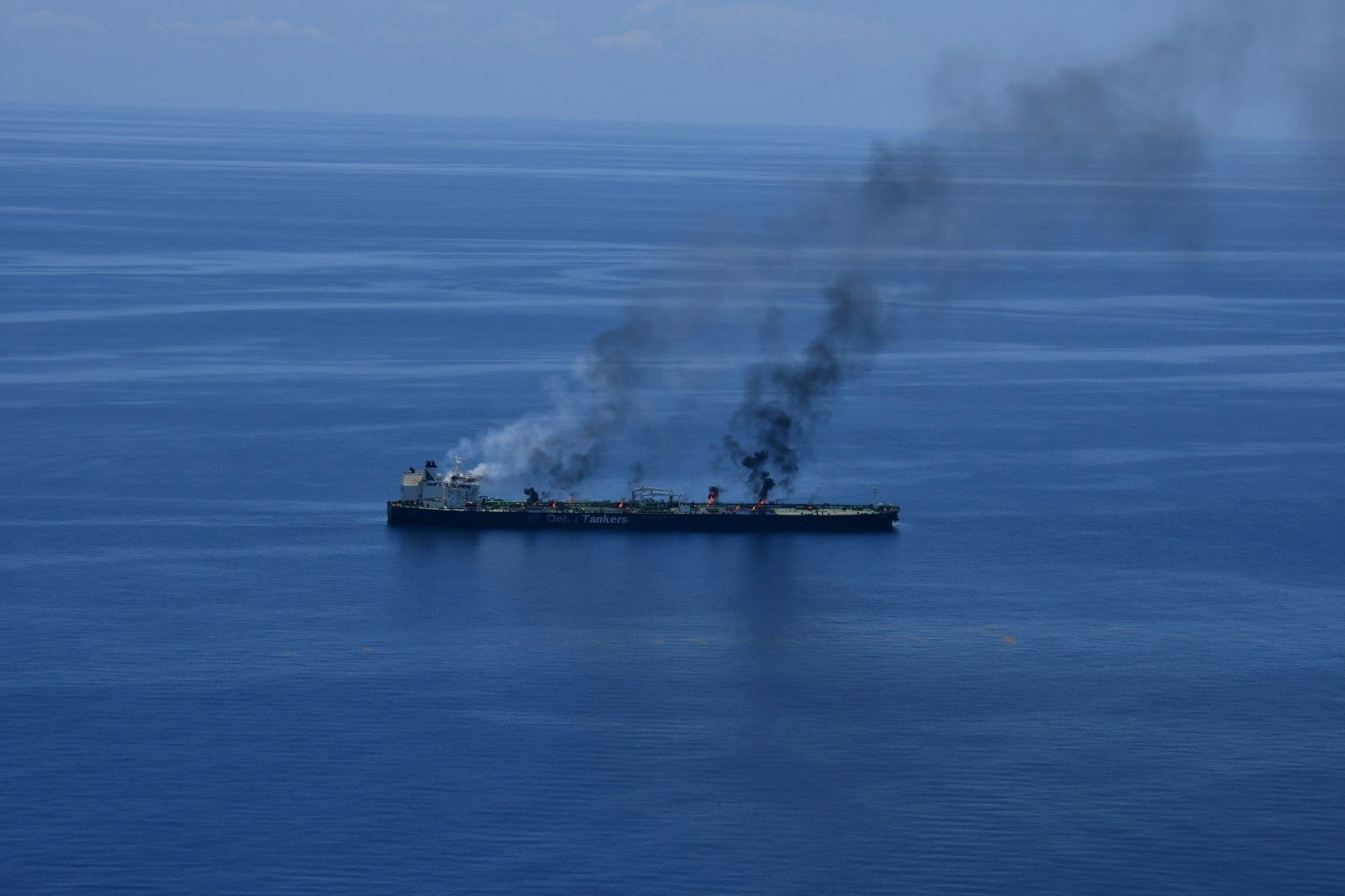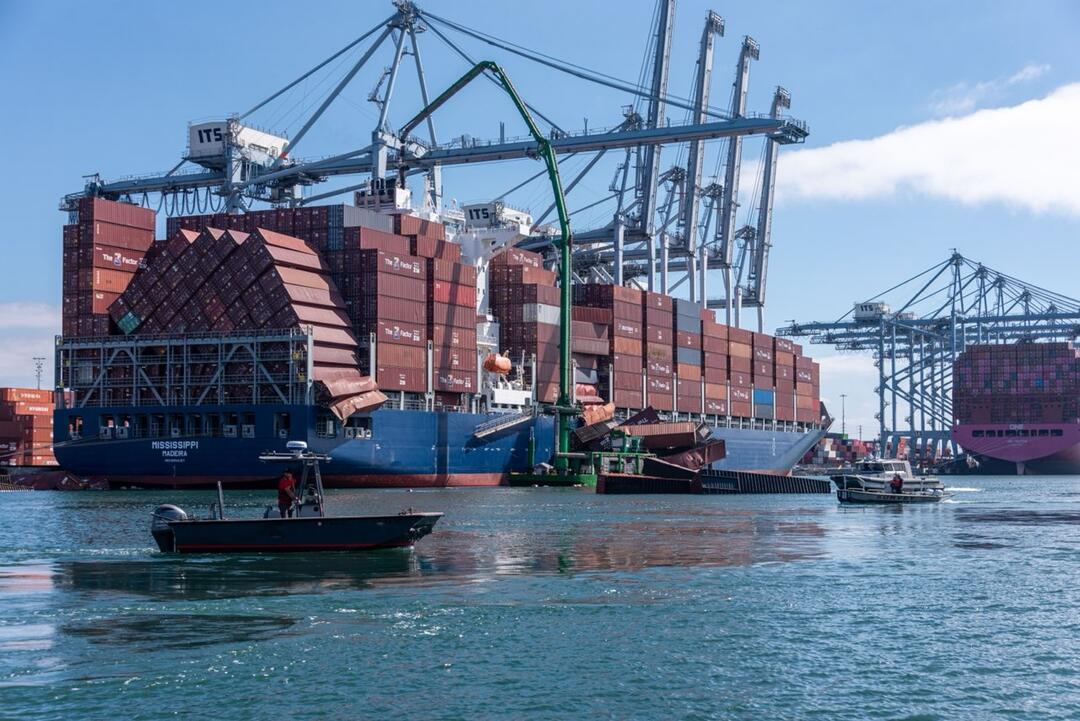The Oslo Opera House, image (c) Shutterstock/Andrey Emelyanenko
 By Balazs Koranyi and Victoria Klesty
By Balazs Koranyi and Victoria Klesty
OSLO, March 24 (Reuters) – Middle East-style oil wealth combined with a generous Nordic welfare model is slowly throttling big chunks of Norway’s economy, threatening western Europe’s biggest success story.
On the surface, Norway is the envy of the world: growth is strong, per capita GDP has exceeded $100,000 and the nation sits on a $700 billion rainy day cash reserve, or $140,000 per man, woman and child.
But it may just be too much money as Norwegians, more keen on leisure and family life are working less and less.
Immigration is not filling the gap in the skilled part of the workforce, so productivity is stagnating, wages are surging and firms are pricing themselves out of their own market.
“Oil is a metaphor for winning the lottery,” said Ivar Froeness, a sociology professor at the University of Oslo. “Affluence has slowly crept into society… people just don’t really notice it because it’s been so gradual.”
“These days more people leave Oslo on Thursday afternoon than on Friday, taking long weekends,” he said. “We may take for granted that we have a house and a cabin in the mountain, and maybe another house on the beach.”
Wage costs are up 63 percent since 2000, about six times more than in Germany or Sweden, while the employment rate, adjusted for part time work, is 61 percent, below rates anywhere in the Nordics and even below Greece, the central bank says.
Still, unemployment is a barely visible 3 percent as more prefer part time work.
“Why should I work more when I don’t have to?” said Elise Bakke, 36, who recently cut her work day at a major telecom firm to 6 hours.
“Maybe it’s luck, maybe we earned it, it doesn’t really matter. We have the money to live the Nordic life: go to the cabin, ski, bike, spend time with the children.”
The government recently warned that unless working hours are increased by 10 percent over time, the state will eventually start eating into its savings. The central bank also warned that the welfare model is simply encouraging people to leave the labour market.
“The number of working hours for full time employees in Norway have fallen by 270 hours a year since 1974,” says Jostein Hansen, director of employment policies at Norwegian Hospitality Association. “Norwegians should follow Iceland’s example and work 100 hours more a year.”
OIL UNDER THREAT
The oil sector, the source of the problem, is also becoming a victim of its own success.
Aker Solutions, the nation’s top oil services firm, will hire 4,000 engineers this year but only a third will be Norwegians.
It has to run huge engineering hubs in Kuala Lumpur, London and Mumbai to get enough skilled workers.
A study commissioned by the government showed that by 2016, the country will have a shortage of 6,000 engineers as oil investment hits new records and oil firms tap reserves in areas once thought close to depleted.
Costs have risen so much, some oil services firms cannot compete at home.
Kvaerner, which builds heavy equipment like oil platforms, recently lost a key contract from state-controlled Statoil to Daewoo Shipbuilding & Marine Engineering because it was too expensive. It was a just the latest of many setbacks for the firm.
“The Norwegian cost level is our challenge,” Jan Arve Haugan, its chief executive said. “High (quality) cannot outweigh that price difference,” he said, adding its prices are 7-15 percent higher than its competitors’.
Norwegian Air Shuttle has threatened to move aircraft to Thailand and operate to Europe with an Asian crew because it says it can’t afford the Nordic costs.
Norway’s problems are not unique: Australia’s once-in-a-150-year mining boom has also skewed the economy, raising wages, fuelling immigration and lowering work hours to a 30-year low as wealth grows.
Still, an average Australian works 19 percent more than a Norwegian, the OECD estimates. And Norway’s oil sector accounts for a fifth of the economy, three times as much as mining in Australia, generating a quarter of state the revenues.
Business groups say work hours have to be raised through government incentives, and benefits, particularly involving various leaves, need to be reduced.
Though political parties generally agree, the topic is low on the agenda, especially with elections looming in September.
IMMIGRATION
Norway has embraced immigration as a stop-gap measure but it is only masking the problem, the central bank says.
“Measured per capita, we do not generate more value today than we did five years ago,” Norges Bank Governor Oeystein Olsen said in a speech recently.
Norway, with a population of five million, attracts around 50,000 immigrants each year, but productivity is not improving.
“We attract the wrong kind of immigrants” said Dag Aarnes, an economist at the Confederation of Norwegian Enterprises, a trade body.
“We’re not particularly competitive in attracting skilled labour, particularly engineers.”
Norway’s egalitarian wage distribution pays low-skilled workers well above the European average but pays the higher-skilled at, or even a touch below, international norms.
The central bank predicts that wages will rise about twice as fast as GDP for several years to come while productivity improvements will trail economic growth.
With a budget surplus worth 12 percent of GDP, Norway can afford just about anything now but unless it scales down benefits like neighbour Sweden did in the 1990s, that surplus will melt away.
But generous benefits, a good work-life balance and limited wage inequality are long-standing parts of a social model cherished by many Norwegians, so any change will be difficult.
“I think there is political understanding about all this so I’m fairly optimistic,” Aarnes added. “But there is no immediate crisis so it will take time.” (Reporting by Balazs Koranyi; Editing by Toby Chopra)
(c) 2013 Thomson Reuters, Click For Restrictions

 Join The Club
Join The Club











